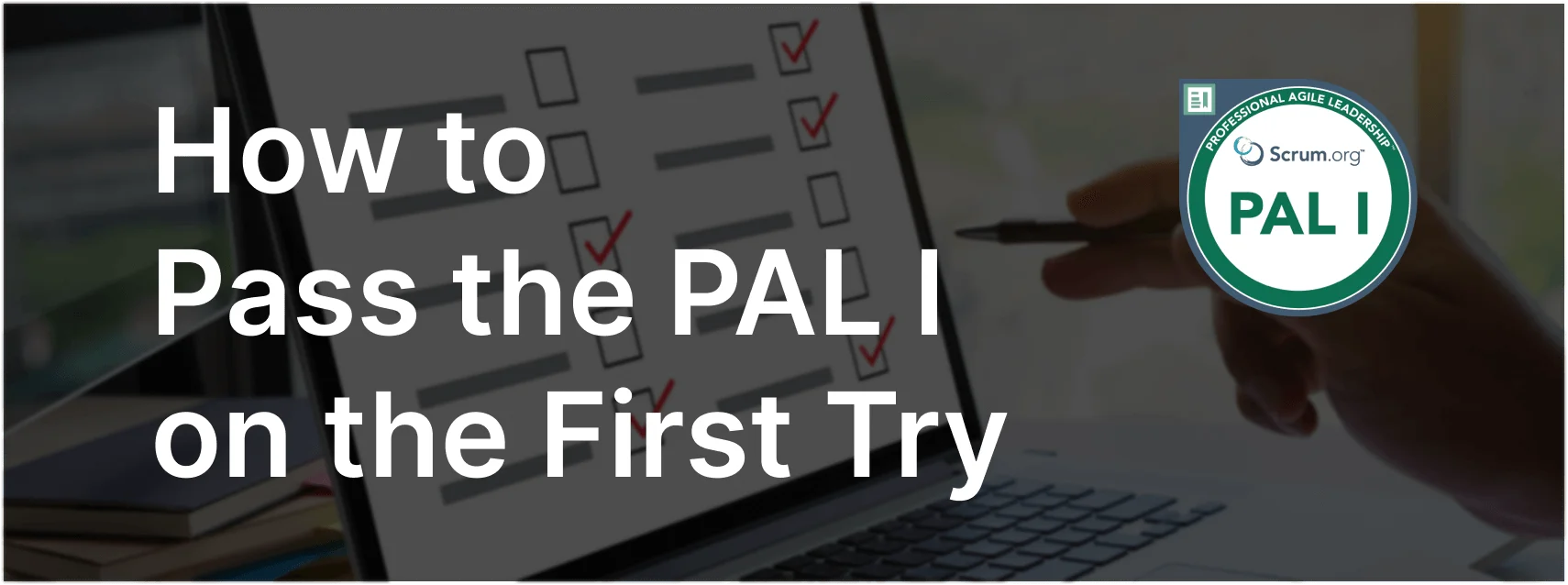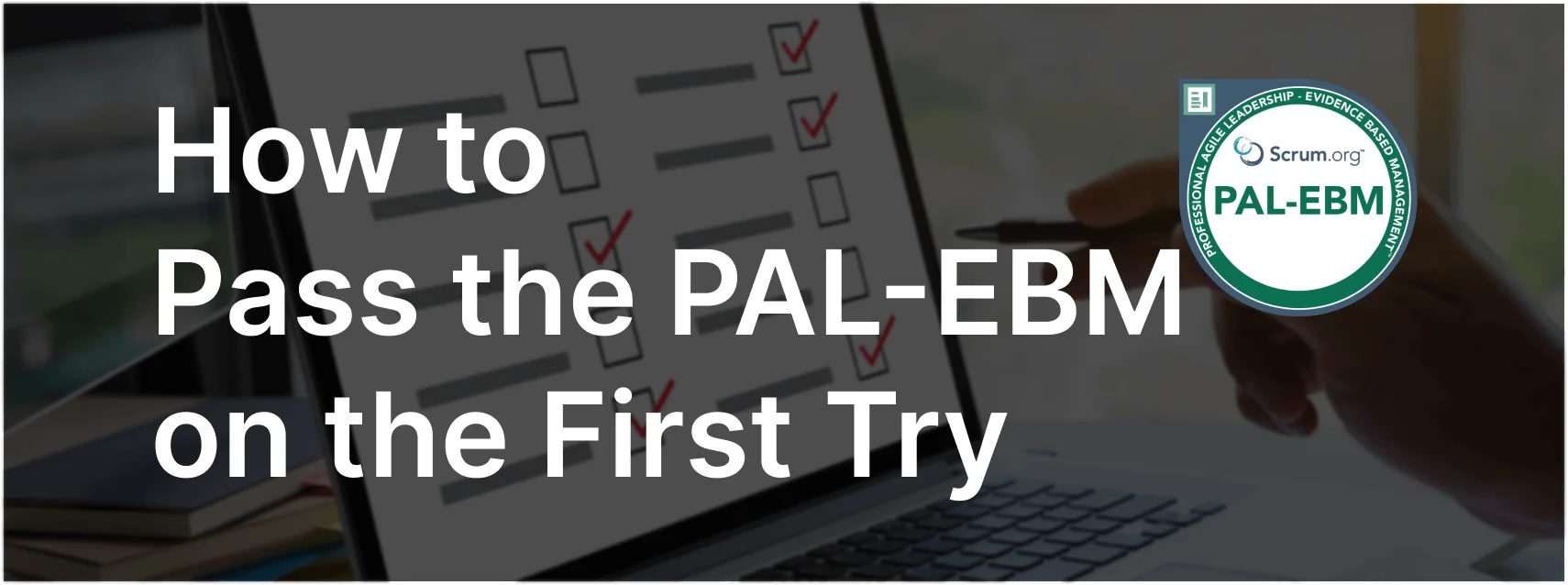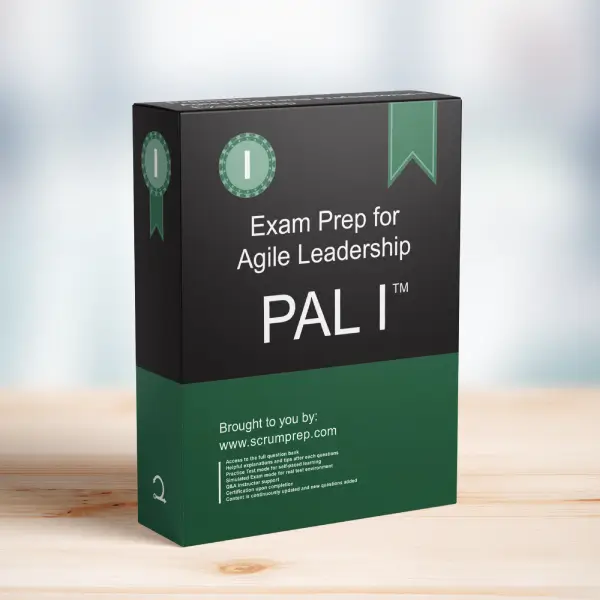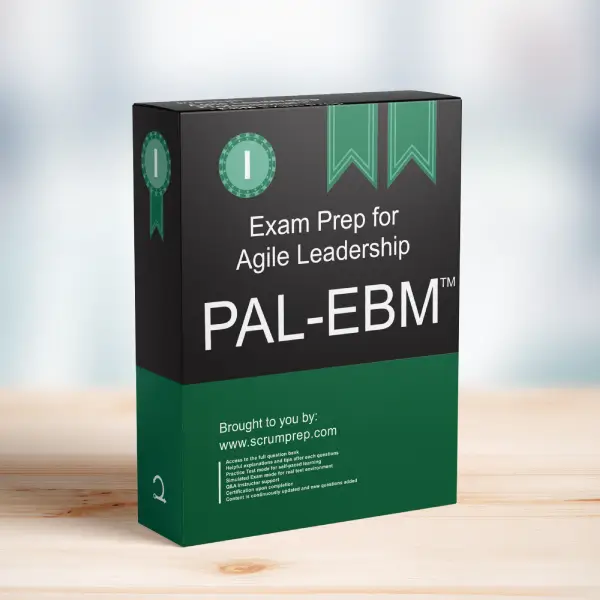Addressing Team Decision-Making Conflicts
As a manager, addressing team dynamics and ensuring that every team member’s expertise is respected is crucial. This article explores how to handle a situation where a Developer feels her expertise is not being considered in team decisions.
Exam Question
You manage a product development organization. Susan, a Developer comes to you, frustrated with how her team is making decisions. She has many years of experience in a particular technology and feels her opinion is not being respected. Susan asks for your help in getting the other members of the team to consult with her on technology decisions in her area of expertise. You deeply respect her opinion and feel that she may have a point. To respond, you decide to:
(choose the best answer)
A. Meet with the team to discuss Susan’s concerns, explaining how you feel that her views should be respected.
B. Ask Susan whether she has discussed the issue with her other team members, and whether she has raised the issue with the Scrum Master.
C. Help Susan find a position on another project where her skills are needed, and where she is likely to be more respected.
D. Encourage Susan to enlist the Scrum Master’s help in learning how to become a better coach and mentor to other team members.
Correct Answer
B. Ask Susan whether she has discussed the issue with her other team members, and whether she has raised the issue with the Scrum Master.
Explanation
Correct Answer
B. Ask Susan whether she has discussed the issue with her other team members, and whether she has raised the issue with the Scrum Master:
In Agile, issues related to team dynamics and decision-making should be addressed within the team, with the Scrum Master facilitating the resolution. By asking Susan if she has discussed her concerns with the team and the Scrum Master, you empower her to take ownership of the issue and use the established Agile processes to resolve it. The Scrum Master can help facilitate a discussion and coach the team on effective collaboration and decision-making.
Incorrect Answers
A. Meet with the team to discuss Susan’s concerns, explaining how you feel that her views should be respected:
While it might seem helpful to intervene directly, this approach undermines the team’s self-management and the role of the Scrum Master. It is better to encourage Susan to address the issue through the team’s own processes.
C. Help Susan find a position on another project where her skills are needed, and where she is likely to be more respected:
Reassigning Susan without attempting to resolve the underlying issue within the team does not address the problem. It also risks losing a valuable team member and sets a precedent for not addressing team conflicts constructively.
D. Encourage Susan to enlist the Scrum Master’s help in learning how to become a better coach and mentor to other team members:
While coaching and mentoring are valuable, this response does not directly address Susan’s immediate concern about her expertise not being respected. It is more important first to resolve the respect and collaboration issues within the team.
Agile Leadership Insights
- Empowerment: Encourage team members to raise and address their concerns within the team, fostering a sense of ownership and responsibility.
- Facilitation: The Scrum Master plays a critical role in facilitating discussions and helping the team navigate conflicts and decision-making processes.
- Respect: Ensure that all team members’ expertise and opinions are respected and considered in decision-making to promote a collaborative environment.
- Coaching: Support team members in developing their skills as coaches and mentors to enhance team dynamics and collaboration.
Relevance to the PAL I Exam
Understanding how to handle team dynamics and conflicts while respecting Agile principles is crucial for the PAL I exam. It demonstrates knowledge of team self-management and the role of the Scrum Master in facilitating team processes.
Key Takeaways
- Encourage team members to address concerns through established Agile processes.
- The Scrum Master plays a key role in facilitating discussions and resolving conflicts.
- Empowering team members to take ownership of issues fosters a self-managing and collaborative team environment.
Conclusion
Addressing team decision-making conflicts should be handled within the team, with the Scrum Master facilitating the resolution. This approach respects Agile principles and promotes a self-managing, empowered team. For more information on preparing for the PAL I exam, visit our Professional Agile Leadership PAL I™ Exam Prep.





